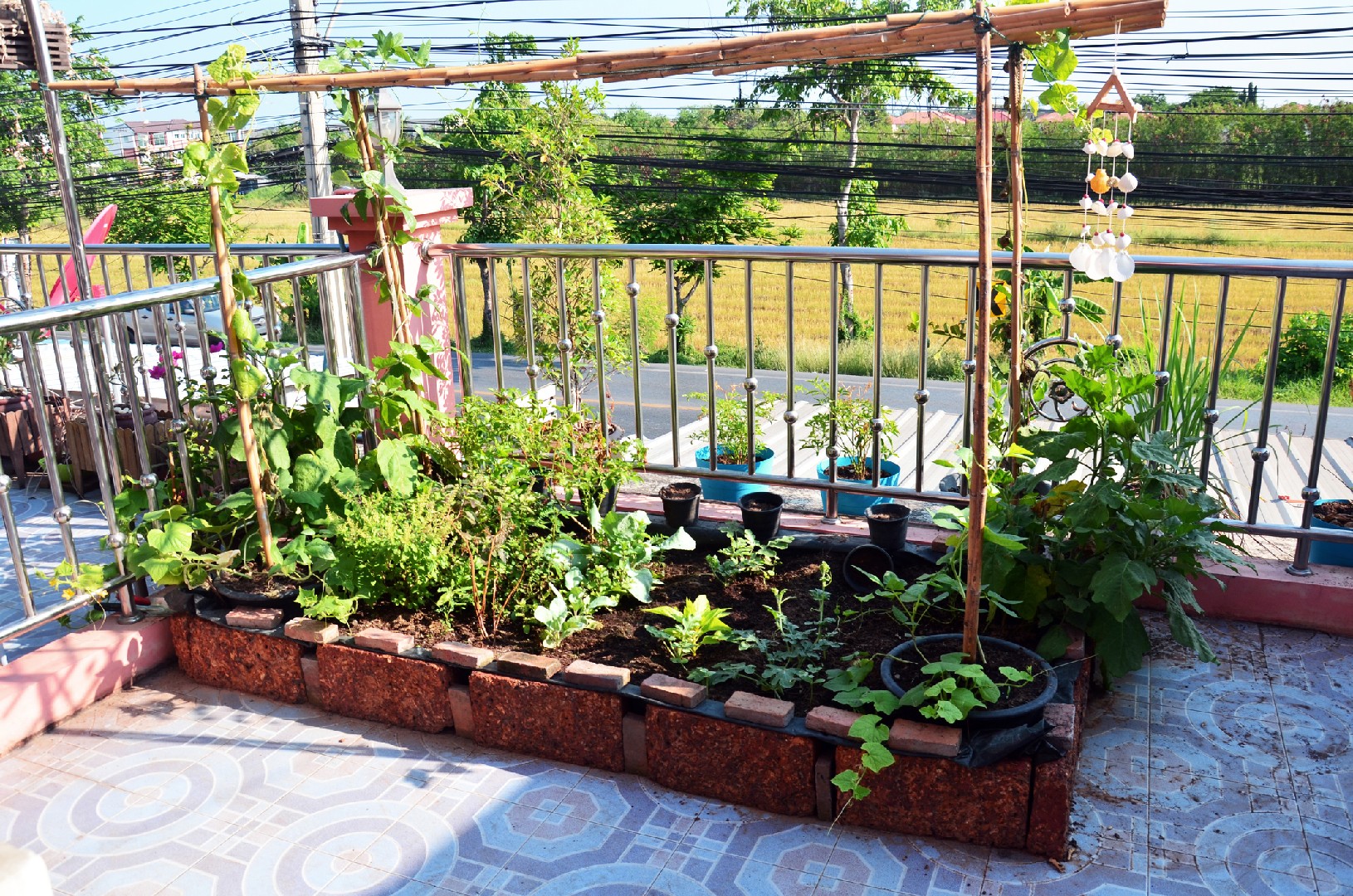![Rectangle]()
Understanding the Importance of Composting in Urban Gardens
Composting plays a essential role in urban organic gardening as it provides a sustainable solution for managing waste. By understanding and implementing composting practices, urban gardeners can contribute to waste management efforts and enhance the health of their gardens.
One of the key reasons composting is crucial in urban gardens is its role in waste management. With limited space and resources in urban areas, efficiently managing waste becomes a challenge. Traditional waste disposal methods, such as sending waste to landfills, are not only unsustainable but also contribute to greenhouse gas emissions. Composting, on the other hand, allows urban gardeners to divert organic waste from landfills and transform it into nutrient-rich compost that can be used to improve soil health and support plant growth.
Composting is a simple process that involves the decomposition of organic matter, such as food scraps, yard waste, and paper products, by microorganisms. By providing the ideal conditions for decomposition, urban gardeners can turn their organic waste into a valuable resource. The process of composting requires a balance of carbon-rich materials, also known as browns, and nitrogen-rich materials, also known as greens. Browns include items like dried leaves, shredded cardboard, and straw, while greens consist of items like fruit and vegetable scraps, coffee grounds, and grass clippings. By layering these materials and periodically turning the compost pile, gardeners create an environment that promotes decomposition and prevents unpleasant odors.
The impact of composting on soil health and plant growth is significant. When compost is added to soil, it improves its structure and fertility. Compost contains beneficial microorganisms that enhance soil health by breaking down organic matter, releasing essential nutrients, and improving water retention. These microorganisms create a healthy soil ecosystem that supports plant growth and resilience to pests and diseases. Additionally, compost acts as a natural fertilizer, releasing nutrients slowly over time, providing a sustainable source of nourishment for plants.
To successfully implement composting in urban gardens, there are a few practical tips to keep in mind. First, it is important to choose the right composting method that suits the space available. Options range from traditional compost bins to compact solutions like worm composting or bokashi composting. Additionally, it is crucial to balance the compost pile correctly, ensuring a mix of browns and greens in the right proportions. Regular turning of the compost pile helps maintain aerobic conditions, speeding up the decomposition process. Lastly, it is important to monitor the moisture level of the compost pile and ensure it remains damp but not soggy.
In conclusion, composting is a vital component of urban organic gardening as it provides a solution for waste management, improves soil health, and supports plant growth. By understanding the importance of composting and implementing it in their gardens, urban gardeners can contribute to sustainability efforts while enjoying the practical benefits of nutrient-rich soil. So, why not give composting a try and witness the positive impact it can have on your urban garden?





